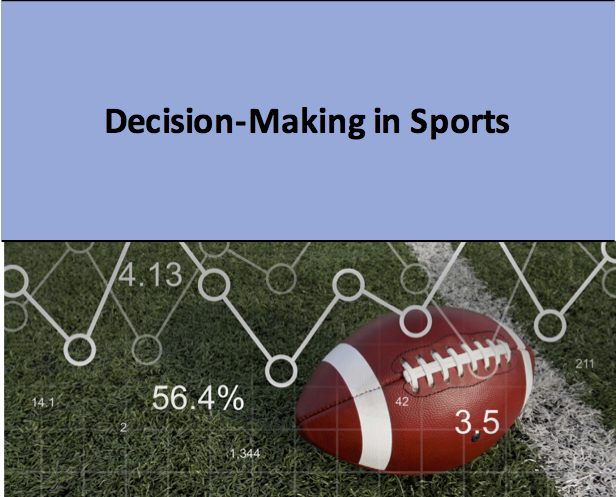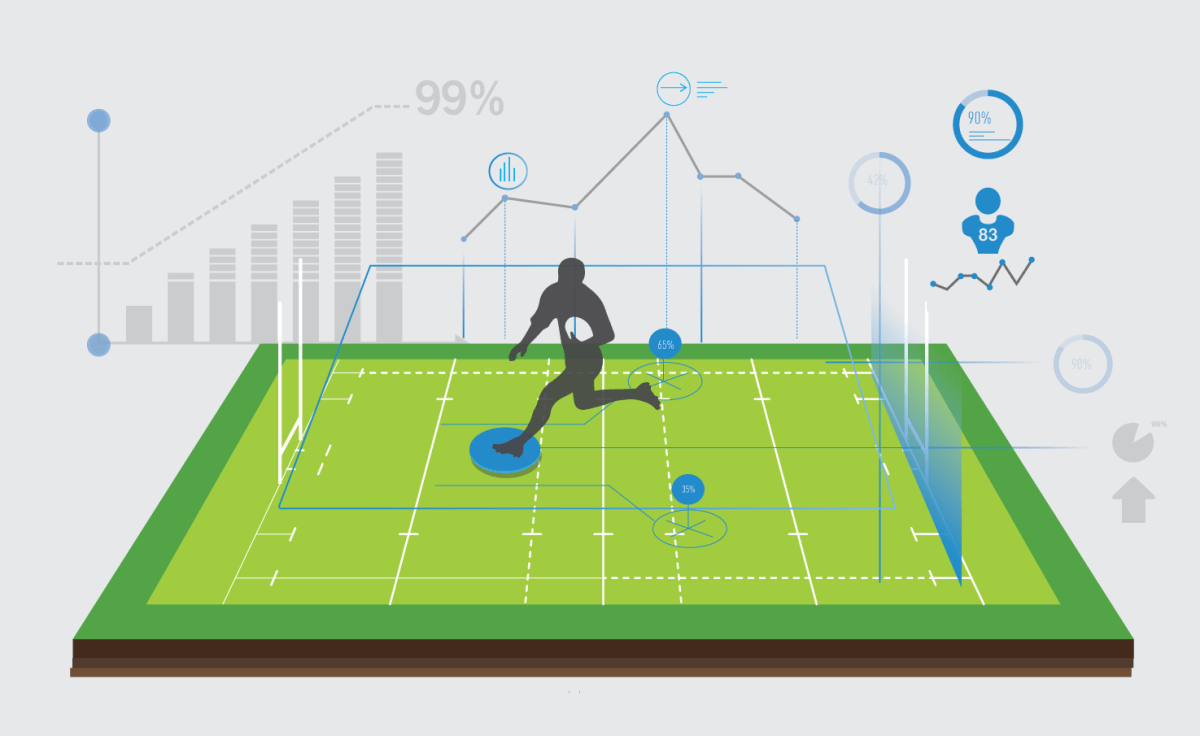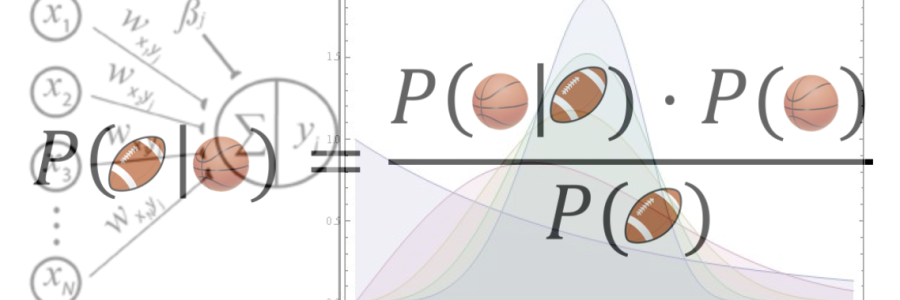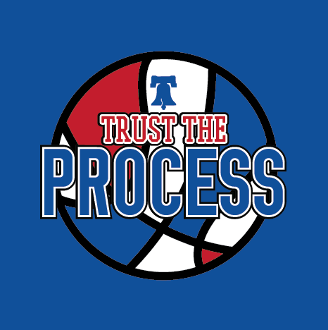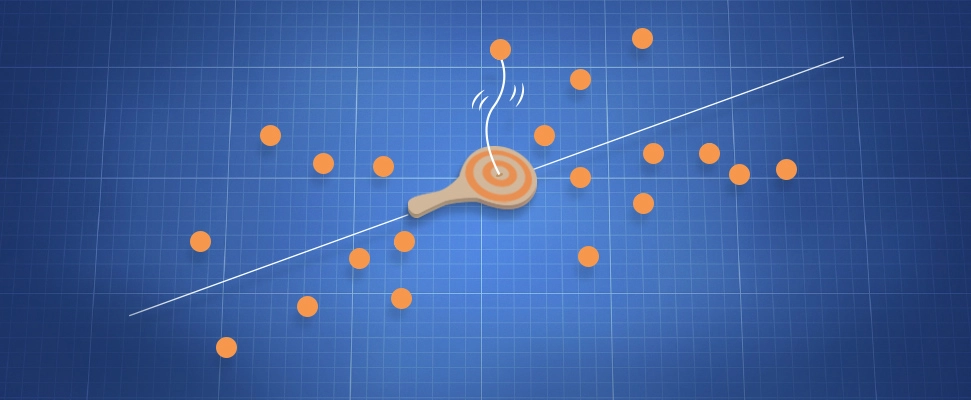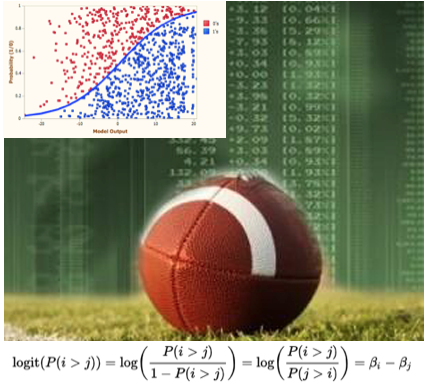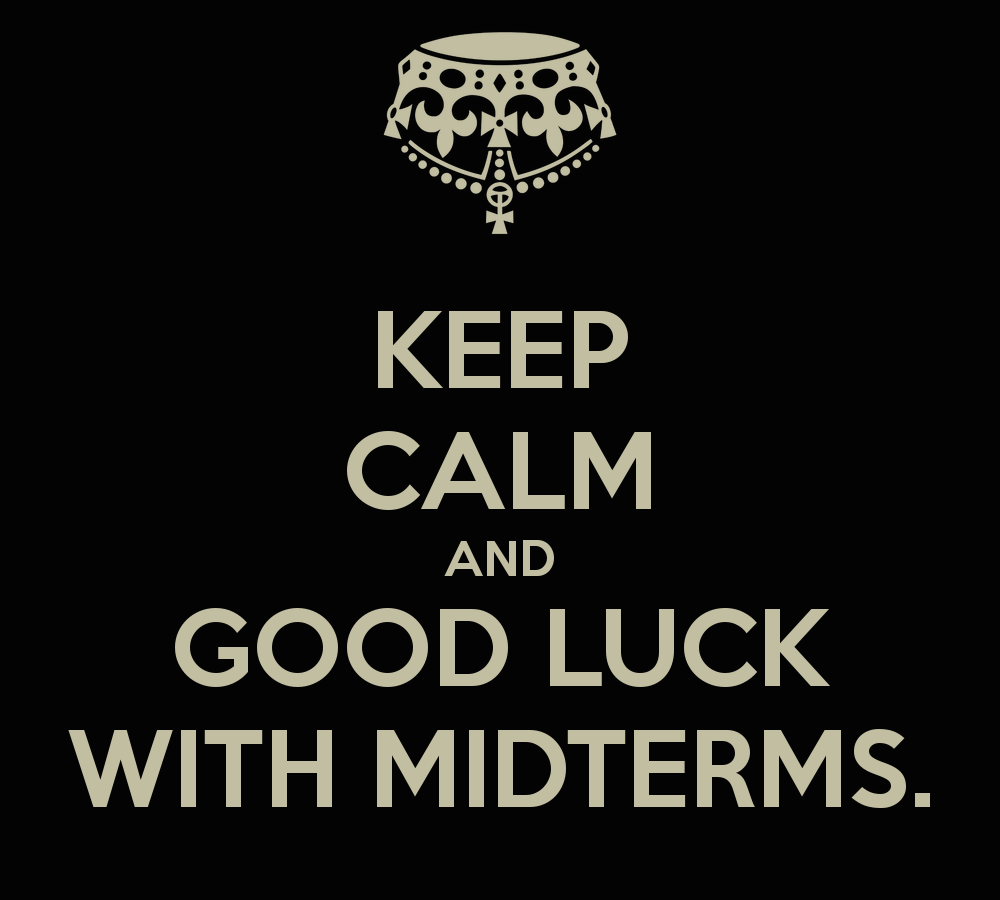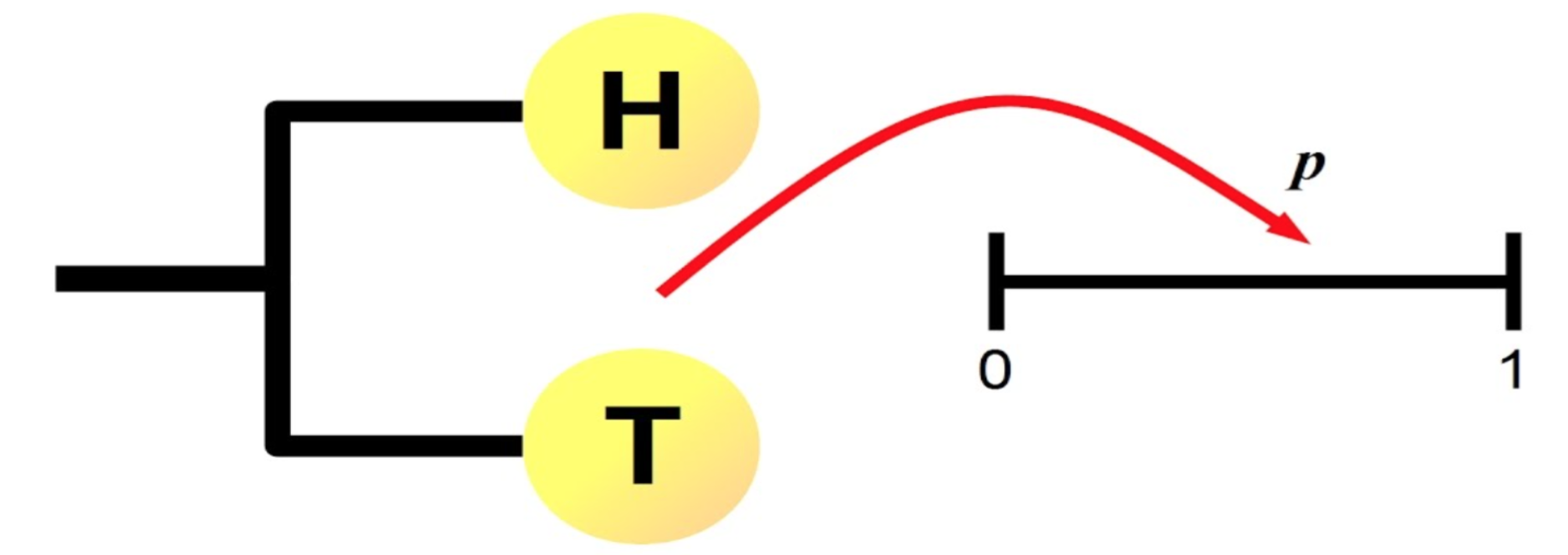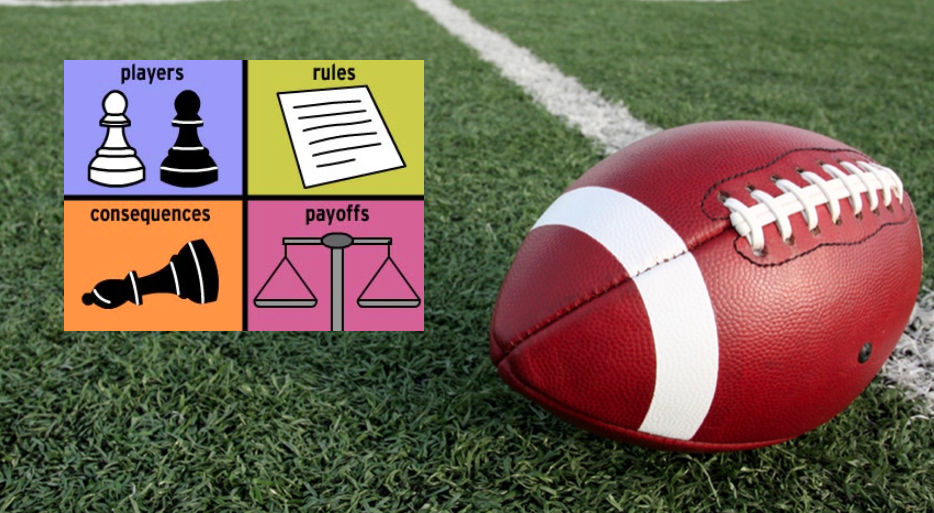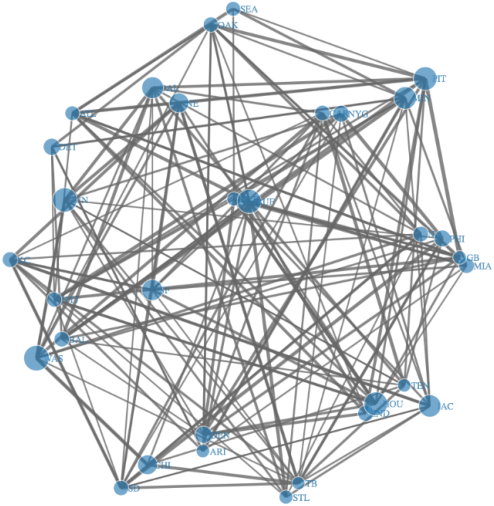General Information
Data and analytics have been part of the sports industry from as early as the 1870s, when the first boxscore in baseball was recorded. However, it is only recently that advanced data mining and machine learning techniques have been utilized for facilitating the operations of sports franchises. While part of the reason is related with the ability to collect more fine-grained data, an equally important factor for this turn to analytics is the huge success and competitive advantage that early adopters of investment in analytics enjoyed (popularized by the best-seller ``Moneyball'' that described the success that Oakland Athletics had with analytics). Draft selection, game-day decision making and player evaluation are just a few of the applications where sports analytics play a crucial role today. Apart from the sports clubs, other stakeholders in the industry (e.g., the leagues' offices, media, etc.) invest in analytics. The leagues increasingly rely on data to decide on potential rule changes. In this course, we will introduce data science concepts for sports analytics. Students will get introduced concepts related to data quality, data analysis and modeling as well as data visualization.
For whom? Students do not need to have programming skills. While some basic statistical background will be beneficial, the course will be self-sufficient. Students should also have an interest in sports, since all the analytical examples will be taken from the sports field.

